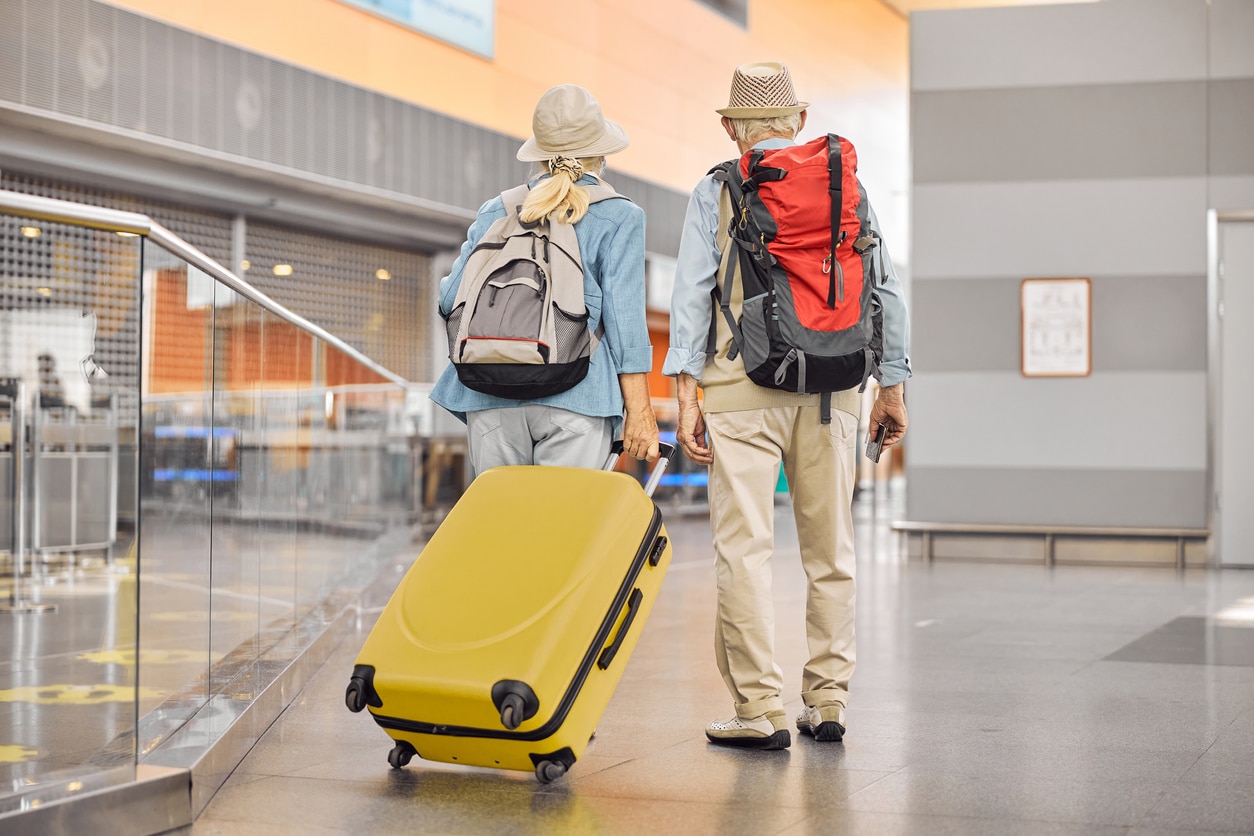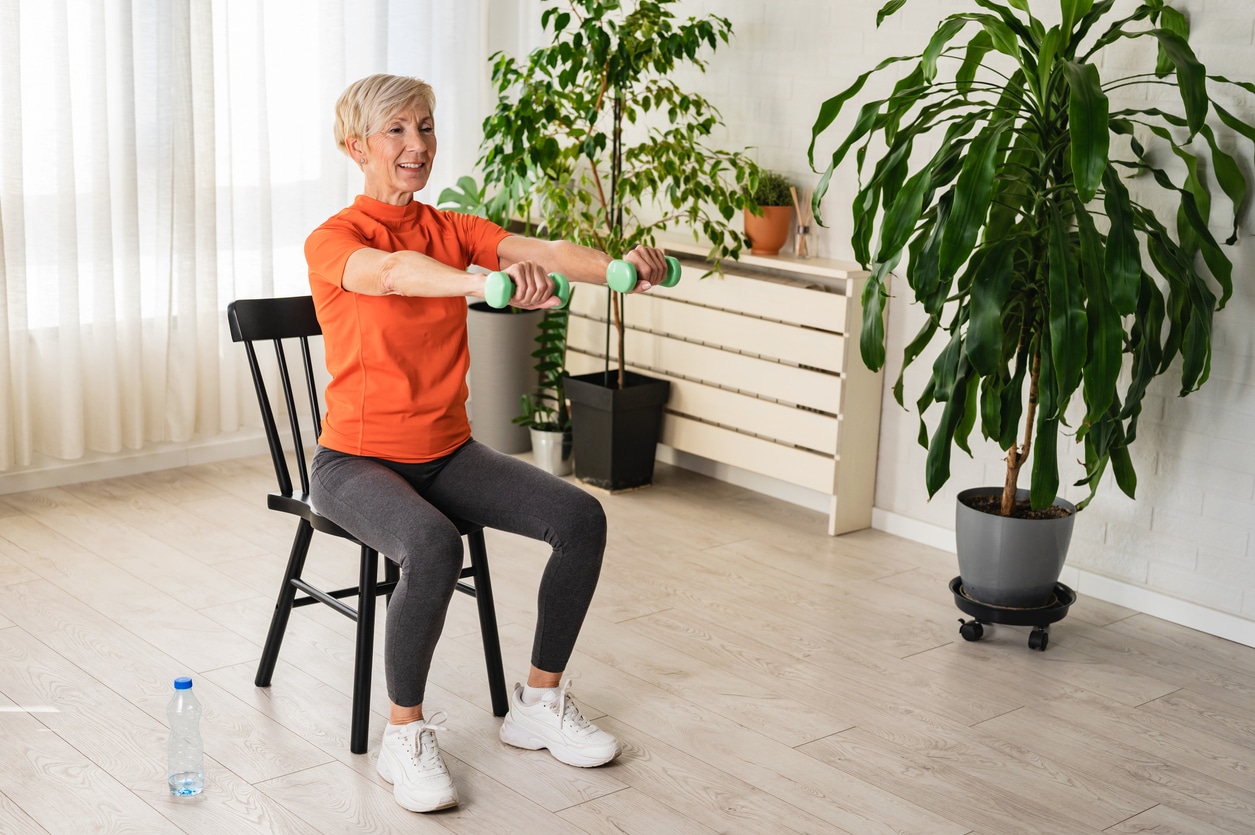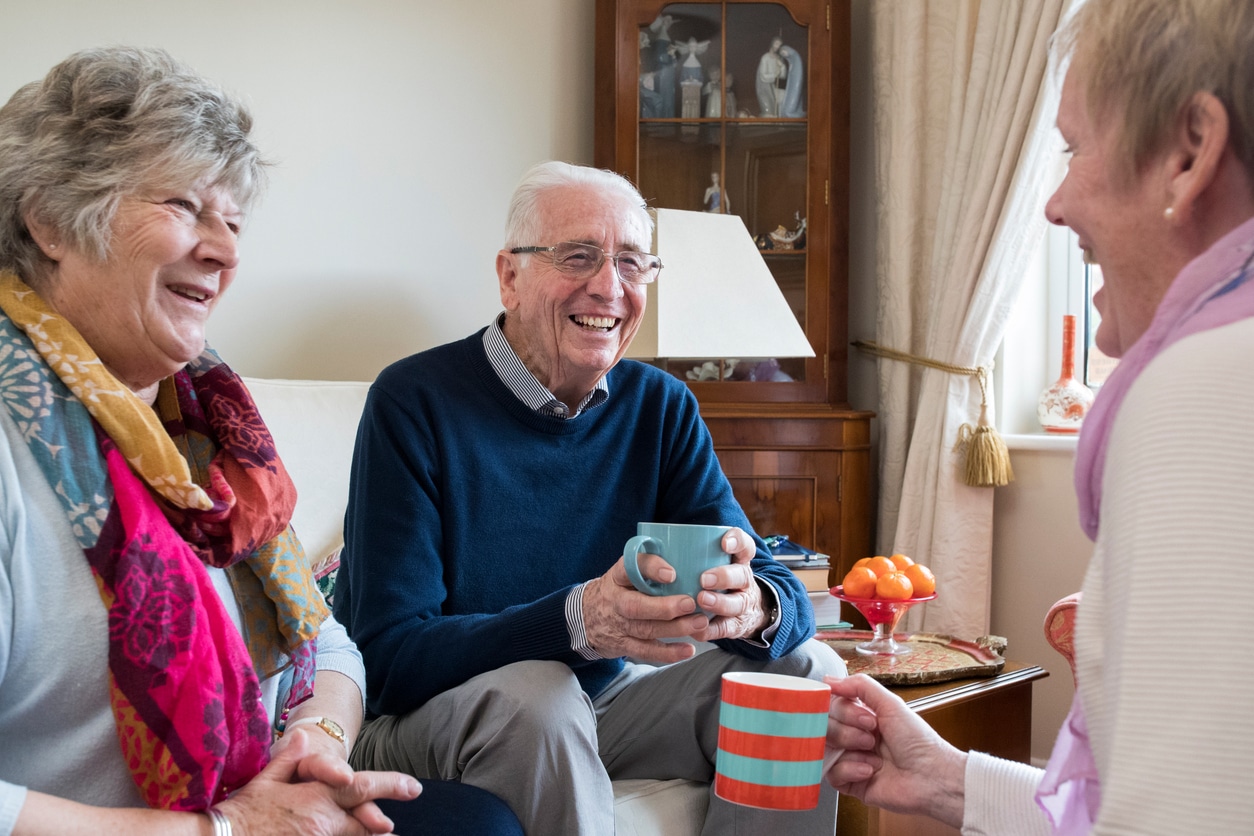Travel for Thanksgiving and other winter holidays can be stressful enough without worrying about getting through security, stashing your stuff in that too-small overhead bin, and being crammed into a middle seat like stuffing in a turkey or goose. This goes double for family caregivers who have the added stress of hoping Mom or Dad is OK en route. Relax.
“Most airlines try to accommodate you when you ask, so don’t be shy about requesting,” says Arik Anderson, president and CEO of the Americas for Executive Travel Center.
We asked travel agents to share their tips for working with airlines to get the accommodations and assurances you need to fly without incident or injury.
Select flights and seats wisely.
Whenever your budget and schedule allow, ask for non-stop or direct (one stop, but no plane changes) flights. “It’s much less stressful for the traveler and the family members,” Anderson notes. “If you have to connect, avoid tight transfers and you’ll avoid anxiety! And book early in the day, since morning flights typically divert or delay less often.” You may need more legroom, easy restroom access or and aisle seat to be comfortable and safe. A note from your doctor showing medical necessity can make it easier for agents to accommodate you.
PRO TIP: If you’ve got special needs or want maximum control over your situation, work with a travel agent or a reservation agent with the airline of your choice. They do a lot of the legwork and you can easily confirm that your special requests have been recorded.
Confirm dietary needs.
Most airlines have standard menu items that meet common dietary needs like gluten-free or vegetarian. However, it’s smart to ask about dietary options when you book, especially for long flights, and to pack a few snacks just in case.
Request a wheelchair or cart.
Airlines and airports provide wheelchair assistance from check-in to the gate from the gate to baggage claim. “That only costs a tip and you get through the airport faster and safer than you might otherwise,” Anderson notes. Some larger airports have gate-to-gate cart service for connecting passengers who need assistance, so ask about especially if you’ve got a tight connection or have to change terminals. Make these arrangements when you make your reservation and confirm at check-in.
PRO TIP: “Most Airlines have a customer service phone number specifically for making arrangements for special services like wheelchairs, so look on the their websites,” says Jacquie Whitt, owner of Adios Adventure Travel in Virginia Beach, Va.
Download the airline’s app.
Every major airline has a free app, for smartphone users. The apps help you check in; stay on top of flight and gate changes, status and connections; and keep track of boarding documents and checked baggage.
Note for Caregivers: You can download the app to track your parents’ travel en route.
Check your bags.
Even though it may cost extra, checking bags is a smart investment. “Having fewer things to carry can reduce stress of traveling and worrying about keeping track of possessions,” Whitt notes. “It makes it easier to move around on foot or in a wheelchair, and easier to board and get seated. It also eliminates the need to stand in the aisle and use overhead bins and possibly impede other travelers.” Most airlines have baggage trackers as part of their mobile apps – just another reason to download them.
PRO TIP: Choose a carry-on that’s just big enough for your medications and accessories, wallet, tablet or book, and travel documents. Double-check the dimensions for under-seat stowage on each flight. Make sure you can easily lift the bag over your head if you plan to stow it in the overhead bin.
Make security work for you.
Security can be anxiety producing for seniors with medical devices and mobility aids. “Work with the TSA to get a special card that describes an elderly persons health conditions and disabilities,” suggests Sheryl Hill, executive director of Depart Smart. “It helps navigate security.” Showing the card (or a doctor’s note) to a TSA officer entitles you to special consideration, like sitting down in the checkpoint area, different screening procedures, etc.
Learn more about TSA rules for seniors over 75 or with disabilities, mobility aids or special needs
Note for Caregivers: You can accompany your parent through security and to the gate, and ask for special assistance from the TSA if necessary.
Request early boarding.
When you arrive at the gate, tell the agent you need a little extra time to get down the jetbridge and settled in your seat. This is especially important if you’ve got mobility issues or need help hoisting your bag to the overhead bin.
Note for Caregivers: You can make this request for your parent when you’re traveling with them or accompanying them to the gate.
If this feels like too much to manage on your own, there are more two ways to make senior air travel safer and easier: hire a chaperone and work with a travel agent.
“If you can afford it, you can pay someone to fly companion-style. There are professional services who assist,” she says, or you can send another family member or close friend to do the job. This gives you peace of mind that your parent is properly looked after from Point A to Point B.
A more cost-effective option is using a travel agent.
“You deserve somebody in your back pocket, who is really looking out for you,” Anderson says. He provides extra TLC for senior travelers and their caregivers, developing reasonable itineraries, making special requests, monitoring flights, staying in communications and solving problems. “We can do a lot of handholding that airlines and websites can’t.”
If you need extra help
Help Before You Go.
You can get the latest advice and requirements at the TSA website or the TSA Cares helpline, which is specifically designed to help travelers with disabilities, medical conditions and other special circumstances. Try to call or email 72 hours prior to traveling: (855) 787-2227 or TSA-ContactCenter@tsa.dhs.gov. Also, get copies medical documentation outlining your situation, or a TSA notification card. If you travel with oxygen, check first with your airline, since not all of them allow portable oxygen concentrators on-board. Then check with the unit’s maker to confirm it’s safe for air travel. Also, ask your doctor if you can disconnect from the oxygen during screening or not.
Help at the TSA Checkpoint.
If you need additional assistance once you arrive at the security checkpoint, ask a TSA officer to request a passenger support specialist. These people answer your questions, address your concerns and get you on your way quickly.
Special Accommodations for People 75 and Older.
Older travelers can leave on shoes and light jackets or sweaters for screening. You might have to take off your shoes if you set off the alarm or are selected for a pat-down. Don’t be afraid to ask to sit down during additional screenings.
Traveling with a Disability or Medical Condition.
Tell the TSA agent about disabilities or conditions that prevent you from standing or walking at the checkpoint. You may not be required to remove your shoes but the agent will inspect them manually. Your hands, mobility aids, medical devices and shoes may also also be swabbed for trace amounts of explosives.
Travelling with Alzheimer’s, Dementia or Cognitive Disorders.
Let the TSA agent know that your companion has one of these conditions and needs additional time or assistance getting through security. It’s also important to advise the security staff on the best way to engage with your companion, particularly if a pat-down is necessary. You can stay with your companion during screening to ease their anxiety and confusion, and you can even asked to be screened in private if that makes things easier.
Medications & Security Screening.
You can bring liquid, gel/cream and aerosol medications in your carry-on even if they’re more than 3.4 ounces or 100 ml. It’s a good idea to keep them in their original prescription packaging, though, or to bring a note from your pharmacist or doctor, to verify necessity. Pack clearly labeled medications in a bag you can easily remove at security, because these items will be inspected separately from your other luggage. Pills and solid medications go through the X-ray screener; other items may be inspected by hand. Pack and label any accessories required for these medications, like IV bags, syringes, pumps and freezer packs. See the special handling rules for these items, and alert the TSA agent that you have them.
Mobility Aids & Security Screening.
Your walker, cane, crutches or other mobility aid will be X-rayed or hand-inspected. If you use a scooter or your own wheelchair, an agent will hand-inspect them and may screen them for traces of explosives.
Special Considerations for Respiratory Aids.
Have your medical documentation ready and tell the TSA agent the device you have and whether or not you can disconnect. If you can, you’ll go through like everyone else. If you can’t, an agent will test your equipment for explosive residue. Use a nebulizer, CPAP, BiPAP or APAP? Pack your gear in a clear plastic bag inside its carrying case because it must go through the X-ray screener (masks and hoses can stay in the case). Liquids used with your nebulizer are exempt from the 3-1-1 rule.
Work with your travel agent or airline booking agent to review security issues specific to your situation and itinerary. Then check www.tsa.gov or contact a traveler support person to make your trip through security as seamless and stress-free as possible.




